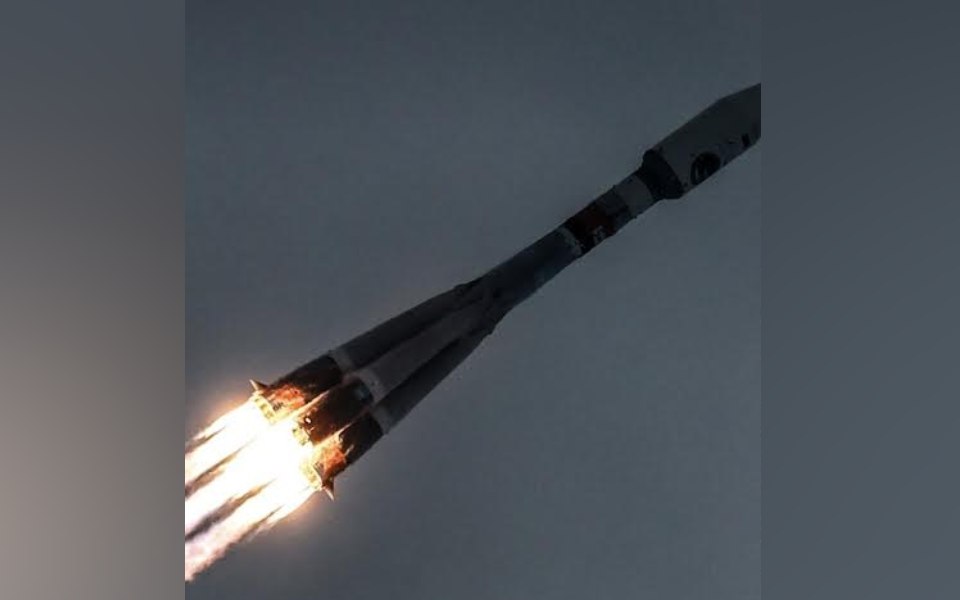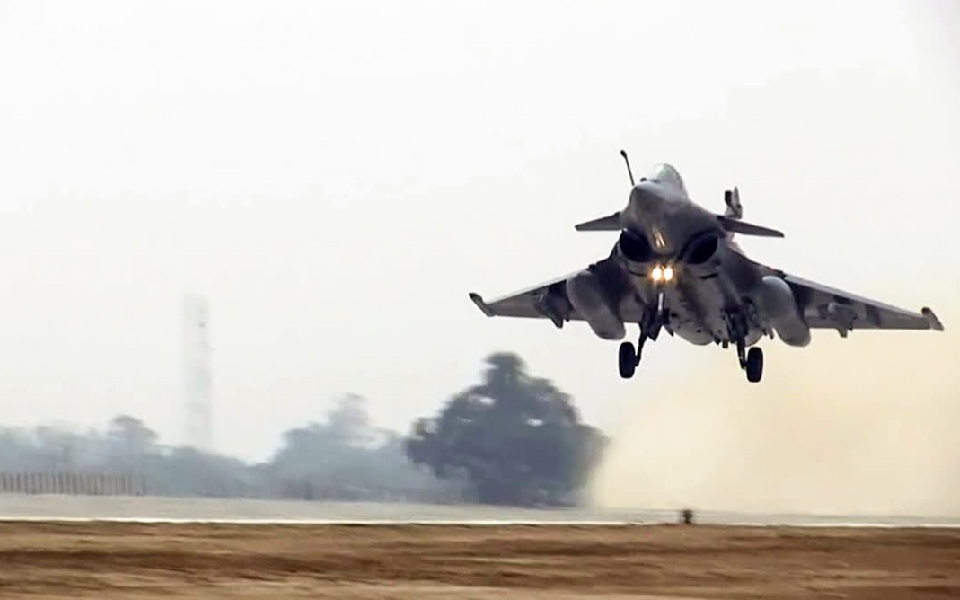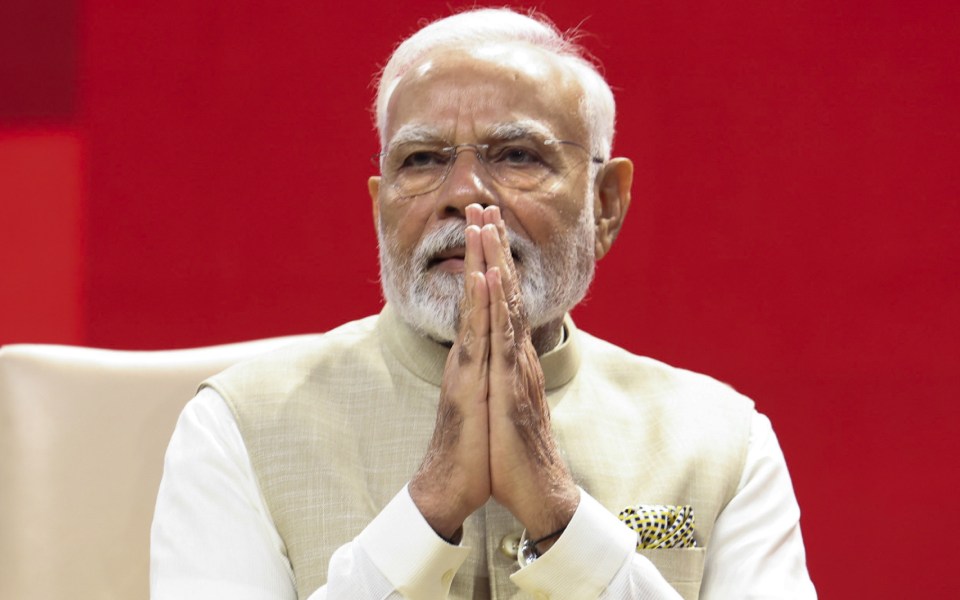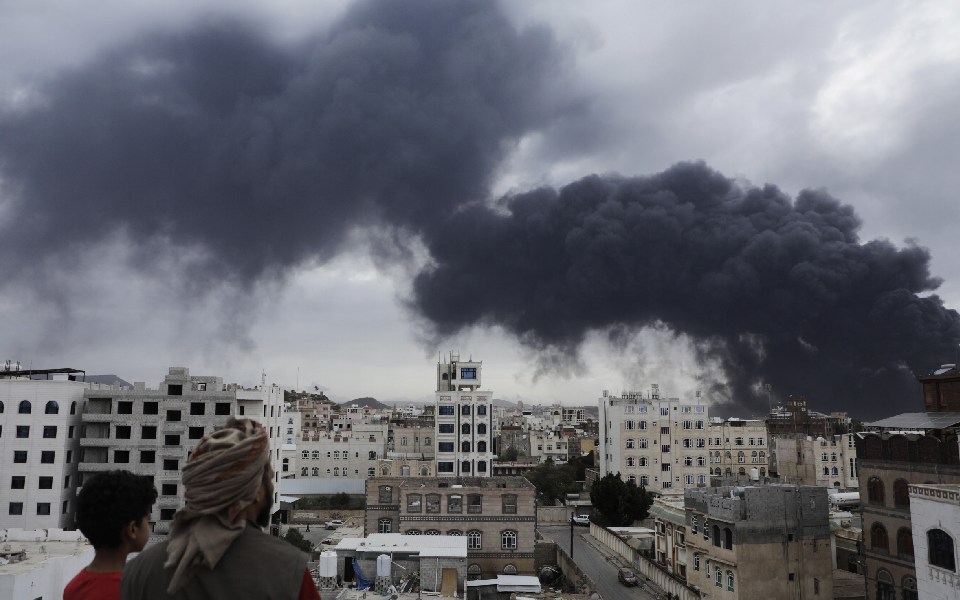Russia's initial lunar mission in almost half a century concluded in tragedy, as their unmanned Luna-25 spacecraft met with disaster during its endeavor to touch down on the previously uncharted southern pole. This unfortunate incident was confirmed by Russian officials on Sunday.
Russia and India were in a competition to be the first country to land a rover on a moon region suspected of containing water and elements suitable for potential future human settlement.
Launched aboard a Soyuz-2.1b rocket on August 11 from Russia's Vostochny Cosmodrome in the Far East, the Luna-25 probe was scheduled to land on August 21.
Western political and aerospace analysts conjectured that the imposition of international sanctions on Russia due to its Ukraine invasion could have restricted the country's space program from obtaining crucial technologies. A successful mission could have demonstrated the Kremlin's continued technological capabilities.
Russia's state news agency TASS announced on Saturday that the Luna-25 probe encountered an "anomalous situation" while attempting to maneuver into a pre-landing orbit. The probe lost communication with its controllers around 2:57 p.m. Moscow time on the same day.
According to Russia's space agency, Roscosmos, the Luna-25 spacecraft deviated to an unintended orbit and was lost after colliding with the lunar surface.
The intended landing of the probe was set to occur prior to India's launch of its Chandrayaan-3 spacecraft, which is slated to touch down in the same lunar region on Wednesday. This information comes from the Indian Space Research Organization, the nation's space agency.
For a while now, the southern pole of the moon has been identified as a prime candidate for exploration due to its potential for future human habitation.
Probes to the moon have been dispatched by only three nations: China, Russia, and the United States. China effectively landed a spacecraft on the moon in 2019. There are intentions for Russia to collaborate with China on a lunar research station.
Space experts note that the moon's south pole poses increased difficulties for probe landings due to the presence of craters and boulders in the region. The director of Roscosmos had estimated the probability of success at 70%.
Amid the Cold War's space race with the U.S., the Soviet Union established a robust space program. The final Soviet spacecraft to touch down on the moon was Luna-24, which occurred in 1976.
In recent times, the Russian space program has experienced a downturn due to a redirection of funding towards the military sector by the government.
In 2012, Russia's Phobos-Grunt spacecraft, intended to gather samples from a moon of Mars, crashed into the Pacific Ocean after being stuck in Earth's orbit for about two months.
In 2018, President Vladimir Putin expressed concerns about Russia's space exploration leadership being endangered and unveiled reforms aimed at enhancing its achievements in the field.
Yet, progress was impeded by a series of financial challenges and instances of corruption. In 2021, Russia entered into a partnership with China to collaborate on the development of a lunar base.
The Soyuz family of carrier rockets, initially created during the Soviet era, has consistently been a standout component of the Russian space program. With nearly 2,000 launches, including the Luna-25, it holds the record as the most frequently employed rocket in the history of space travel.
For a period, Russia's Soyuz rockets held the exclusive capability to transport crews, including those from the U.S. National Aeronautics and Space Administration, to the Earth-orbiting International Space Station. This scenario shifted in 2020 with the inaugural launch of a crewed Falcon 9 rocket by Elon Musk's SpaceX company.
Corruption, subpar electronics, brain drain, and the impact of Russia's isolation due to its Ukraine invasion have collectively contributed to the persistent issues that have plagued the country's space program for years.
The Russian space program excels in using the Soviet-designed Soyuz for missions to and from the space station. However, its influence has been relatively limited beyond this capability. While satellites from other nations explore far reaches of the solar system, post-Soviet Russia has made minimal advancements in deep-space exploration.
The setback of Russia's primary space mission arrives within the context of an intensifying space race involving Moscow, the U.S., China, and India. This failure presents a new challenge for Putin, who is already facing difficulties in accomplishing his strategic objectives in Ukraine.
China, a prominent player in space technology alongside the U.S., has joined hands with Russia to work on a moon-based human settlement initiative. However, the recent Luna-25 crash over the weekend might suggest that Moscow, the junior partner in this collaboration, might have a diminished contribution to offer compared to initial expectations.
Bill Nelson, NASA's administrator, remarked earlier this month that he offered his best wishes to Russia in its lunar endeavors. However, he noted that he considers only China to be a contender against the U.S. in the ongoing space race.
"In the timeframe we're discussing, I don't believe many individuals would assert that Russia is fully prepared to have cosmonauts landing on the moon," Nelson expressed.
Originally, the European Space Agency, akin to NASA in Europe, had plans to collaborate with Russia on the lunar landing initiative and contribute its technology for the probe. However, this intention was discarded due to the Ukrainian invasion.
Pavel Luzin, a nonresident senior fellow at the Center for European Policy Analysis in Washington, which focuses on Russia's space policy, explained that Russia's lunar program investment primarily serves political and propaganda objectives.
Let the Truth be known. If you read VB and like VB, please be a VB Supporter and Help us deliver the Truth to one and all.
New Delhi, May 6 (PTI): The Indian Air Force will carry out a two-day mega military exercise along the border with Pakistan from Wednesday that will involve all the frontline fighter jets including Rafale, Su-30 and Jaguar aircraft, sources in the defence establishment said on Tuesday.
The exercise is taking place amid heightened tensions between India and Pakistan over the April 22 Pahalgam terror attack that killed 26 people.
India's civil aviation authorities have already issued a Notice to Airmen (NOTAM) for the major air exercise that will largely take place along the southern and western section of the Indo-Pakistan border.
India's frontline fighter jets including the Rafale, Su-30 MKI, MiG-29, Mirage-2000, Tejas and AWACS (Airborne Warning and Control System) aircraft are set to feature in the exercise, the sources said.
In the course of the exercise, the IAF will simulate enemy targets on ground and in the air with deadly precision, they said.
The militaries of both India and Pakistan are on a high alert following rising tensions between the two nations.
Soon after the Pahalgam terror attack, India, citing "cross-border linkages" to the strike, promised severe punishment to those involved in it.
In a high-level meeting with the top defence brass on April 29, Prime Minister Narendra Modi said the armed forces have "complete operational freedom" to decide on the mode, targets and timing of India's response to the terror attack.
Air Chief Marshal A P Singh met Prime Minister Modi on Sunday and the Chief of Air Staff briefed him about the IAF's operational readiness.
On Saturday, Navy Chief Admiral Dinesh K Tripathi apprised the prime minister on the overall situation in the critical sea lanes in the Arabian Sea.





